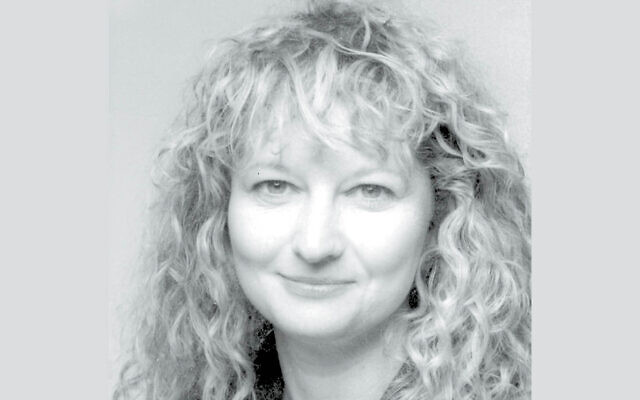Dual Citizenship can be Stressful Sometimes
Having dual citizenship in the U.S. and Israel can sometimes make me feel like I have a split personality.
It’s been almost 25 years since my husband and I moved to the U.S. so that he could attend rabbinic school. We thought we would be returning to Israel. In fact, in the first few years here, we returned to our apartment in Jerusalem for several weeks at a time, a couple of times a year. So, we rented our apartment only to short-term tenants so that we could stay in the apartment when we were there.
Going back and forth could be disorienting, however.
I will never forget the culture shock I felt in August 2001 when I returned to the U.S. after several weeks in Israel. During that visit, in the midst of the horrifying Second Intifada, or Palestinian uprising, we could hear, in our apartment, the shooting between the Israeli army in southern Jerusalem and the Palestinian militants in Bethlehem and Beit Jala. It was a hot summer, and our apartment wasn’t air-conditioned. We decided to take off a few days for Tel Aviv and rest in a cool, beachside hotel.
I remember driving out of downtown Jerusalem, crossing Jaffa Street and heading to Tel Aviv. We checked into our room – and newsaholic that I am – immediately turned on the TV news. That’s when we heard about the devastating suicide bombing at the Sbarro pizzeria that killed 15 civilians, including seven children.
We had just passed it, maybe an hour earlier. Switching back and forth between the Israeli channels, we watched as the sickening details filtered out. At some point, I needed a break and decided to take a walk along the tayellet, or promenade, along the beach, pointedly walking by the site of the Dolphinarium discotheque massacre that, two months earlier, took the lives of 21 Israelis, mostly teenagers.
Soon after, we returned to our lives in the U.S., but, emotionally, I was not here. I was there. Over the (too) many years, there were times when I felt my double citizenship tore me apart. Sometimes, I would feel more Israeli than American, other times more American than Israeli.
My culture shock that August was abated just a few weeks later, on Sept. 11, 2001, when the U.S. was under attack. Finally, it felt like the U.S. was understanding where Israel had been since its intifada started.
The job for which my husband was in New York on Sept. 10 for an interview, that we thought would take us back to Israel, disappeared after 9/11. We started renting out our apartment to long-term tenants. The wonderful people that they are – immigrants from Argentina – would occasionally let us stay in our home during our visits.
One such time was in the summer of 2005. I had decided that I had to be in Israel during the so-called Disengagement, when the Israel Defense Forces dismantled the Israeli settlements in Gaza and evacuated the inhabitants, along with a handful of settlements in the West Bank. The talk in the country was of a potential civil war and I knew I had to be there then.
Fortunately, Israel recovered from the battle of the blue vs. orange ribbons, although some people now say the fracture that occurred among Israelis then is still playing out today.
Americans tend to underestimate what it means to make Aliyah, or immigrate to Israel, especially as an adult. I did so by myself, leaving a great job, a wonderful apartment in Chicago and my whole family here in the U.S. My commitment to Israel continued when I returned here, along with my husband. It was reflected, for example, in the three trips I took there just to vote: one time I was there for 34 hours, another time for three days, and another for five days.
There have also been times when the American side of me felt stronger than the Israeli side, I admit. But right now, reading and watching the news from Israel – seeing the hundreds of thousands of protesters afraid for the democracy of the country, my Israeli side is simmering. Our apartment is just down the street from the President’s Residence in Jerusalem where most of that city’s protests have been focused. I know that if I were there, I would be among the crowds. Actually, they would probably be all the way in our front yard.
On Jan. 6, 2021, when I saw Americans attacking the U.S. Capitol during the insurrection that was trying to stop the peaceful transfer of power, I cried.
Nowadays, I’m crying for Israel.




comments